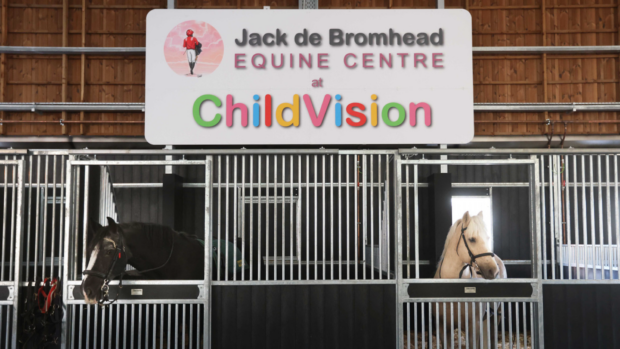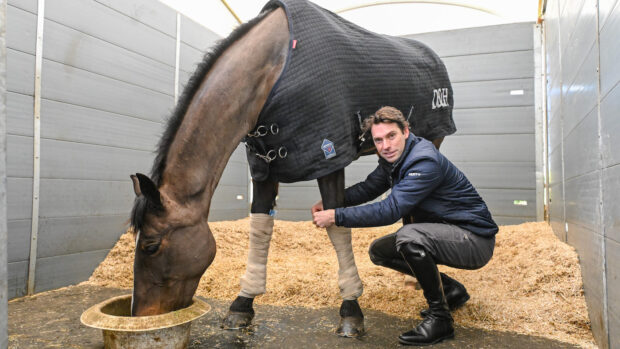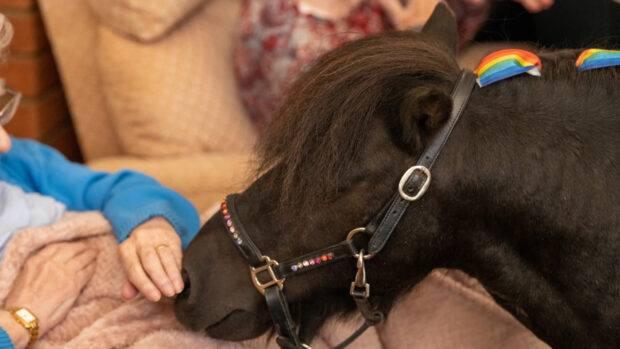Exposing horses to bright lights for one hour a day during the winter has been found to help maintain performance levels, according to new research by Nottingham Trent University.
The study, which took place during December and January, involved exposing 10 horses to intense light in their stables for one hour each morning. The control group of horses were kept in normal conditions. The horses’ performance and attitude were examined at the end of the six-week treatment period.
The horses which received light treatment demonstrated similar behaviour at the end of the six weeks to that shown earlier in the winter prior to the trial. Horses that had not been exposed to the lights were found to be less enthusiastic about being ridden, with a dip in performance over fences.
The horses under lights were also found to be “less grumpy” to handle than they normally were at the same time of year.
Carol Hall, senior lecturer in equine sports science at Nottingham Trent told HHO: “It is natural for horses to experience a low when daylight hours are at their shortest. Current management techniques for competition horses exasperate this by limiting access to what daylight there is at this time of year through stabling.
“The horses exposed to the lights did not suffer the expected natural dip in performance, demonstrating that it is possible to reduce this negative effect, which is undesirable in competition animals, by providing daylight-strength light during normal daylight hours.”
The study was not intended to replicate the breeding industry’s traditional use of lights to encourage mares to start cycling earlier in the year, as the lights were used within normal daylight hours.
Carol explains: “We didn’t want to extend the amount of daylight the horses were experiencing, only to provide brighter light during normal daylight hours. This was a very preliminary study and we would be interested in finding out whether providing a less intense light throughout the day would have a similar effect.”




